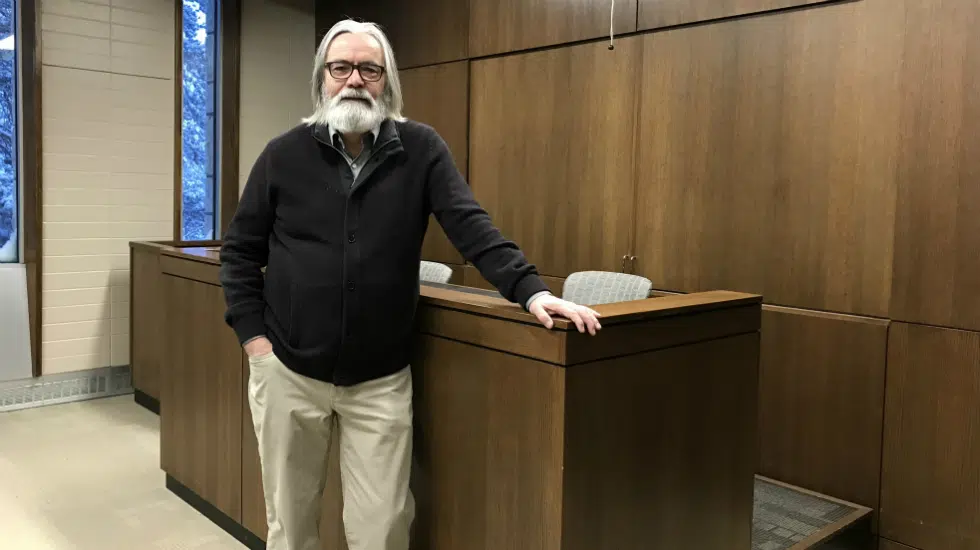
Jury deliberation not an easy process; law professor
It will be a challenging job for the jury involved in making a decision in the Gerald Stanley trial in the days ahead, according to a Saskatchewan law professor.
Stanley is facing a charge of second degree murder related to the fatal shooting of Colten Boushie, 22, of Red Pheasant First Nation, on Stanley’s Biggar area farmyard in Aug. 2016. Stanley has pleaded not guilty.
The lawyers and judge in the Stanley case spent Tuesday deliberating on legal arguments. It’s possible the jury could receive final instruction by Thursday afternoon. If so, the jury would then be sequestered to decide on a verdict.
Glen Luther, a law professor at the University of Saskatchewan, says the case is drawing a great deal of interest in the justice field.


